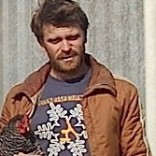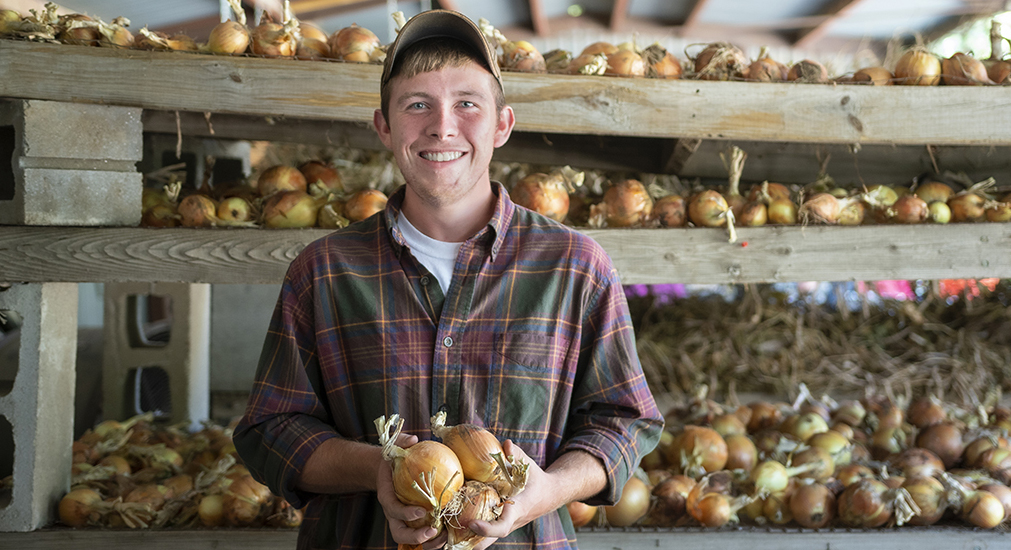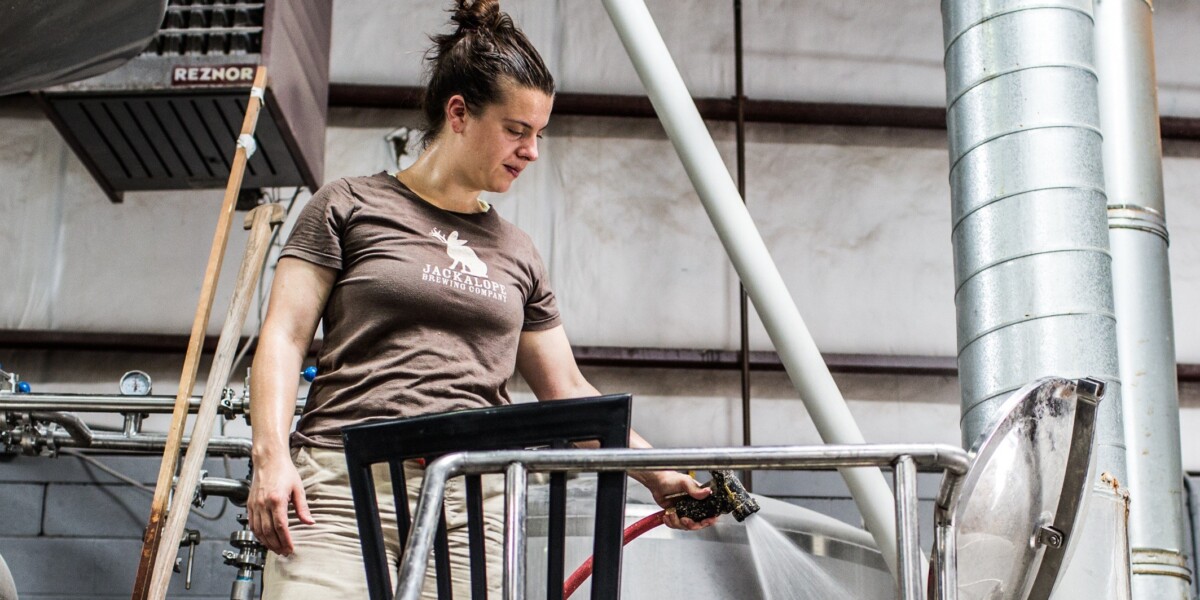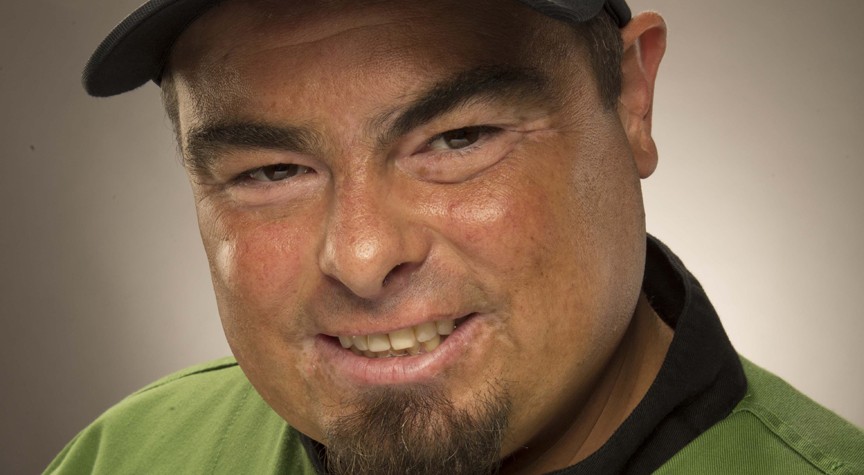By Sarah Tuff Dunn
What does it mean to be a food hub? That’s the question hundreds of communities across the United States are asking as they seek meaningful partnerships with local farmers to provide sustainable, healthy sources of fare—and an answer UVM is now answering with its Food Hub Management Program.
Students can choose the four-month Food Hub Fundamentals or the 10-month Food Hub Full Certificate, both of which gather participants in Vermont for a week in January before continuing learning online. The longer session sees students completing a personalized action project and returning to UVM in October to share the lessons they’ve learned.
Now, Neal Curran, the local food projects coordinator for Michigan’s Marquette Food Co-op, shares the lessons he learned from the 10-month UVM Food Hub Management Program in 2015, and their implication for experimenting with interesting foods and interesting careers.
You studied theology and business administration at Azusa Pacific University in California before enrolling in the UVM Food Hub Management Program. Tell us about that path.
I grew up in Modesto, California, and was looking to set myself up for work that I found meaningful. I chose to mix business and theology because I wanted to learn how to run an operation from an economic justice perspective. A “change the system from the inside” kind of thinking. Now, I participate in the Center for Regional Food Systems Michigan Food Hub Network, whose administrators encouraged me to apply for a scholarship to the UVM Food Hub Management Program, and I was awarded it. I was drawn to UVM’s content and saw it as an excellent opportunity for professional development because the program dealt with many of the issues that I run into in my daily work with the Marquette Food Co-op and the UP Food Exchange.
What were the most exciting and inspiring parts of the UVM Food Hub Management Program?

Being able to pick the brains of the subject matter experts on the weekly calls was extremely helpful and provided a lot of insights. I also got a lot out of the site visits to various food hubs and food businesses in Vermont. We had weekly live session calls with the subject matter experts, and students had a chance to discuss the week’s module with one another. There was one module where we actually completed a project in teams.
How did the program help you in your current role at the Marquette Food Co-op?
I got many good ideas and was exposed to best practices from my participation in the program. I gained a lot of literacy around food system development that has helped my work move along more quickly.
What advice do you have for people interested in pursuing a food-oriented career?
Keep showing up! The food hub world is made up of people from all backgrounds, so no matter where you are coming from, there is room. There seems to be a dearth of folks with a business and finance background, so that would be a major competitive advantage for folks looking to get into it.
What’s your favorite food?
Indian food stole my heart. It’s hard to replicate, so I go out of my way whenever I can to get my hands on the real thing.
OK, what about local food—how can folks do a better job of expanding community access? What about wisdom on expanding access to local food?
I was inspired by the work of Salvation Farms, a gleaning operation we learned about in Vermont. It’s an innovative model and offers an example for thinking creatively to address food-access issues.
Before the UVM Food Hub Management Program, you made a job move from a single farm in Modesto to a regional food hub in Michigan. What advice do you have on expanding your career circle?
Become well acquainted with the trial-and-error process and steel yourself for errors. Also, READ! The good-food world is full of loaded and nuanced terms, which leaves many opportunities for alienating people. But to keep the conversation going, parties from all over the food world need to collaborate. We need to be able to navigate this landscape and build partnerships without shunning anyone or losing voices in the conversation.





